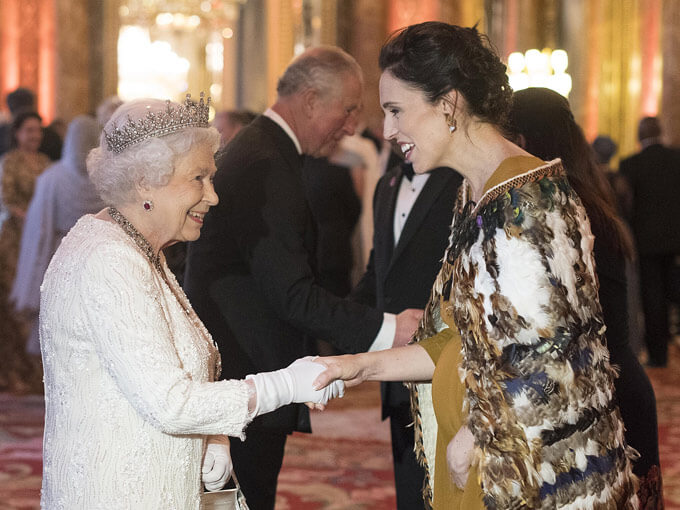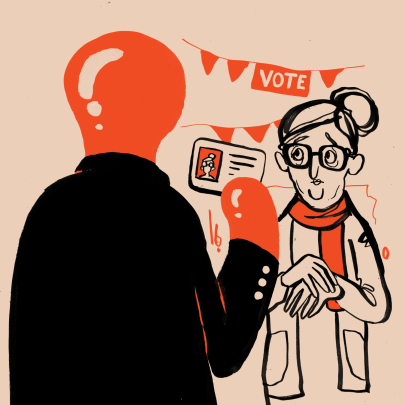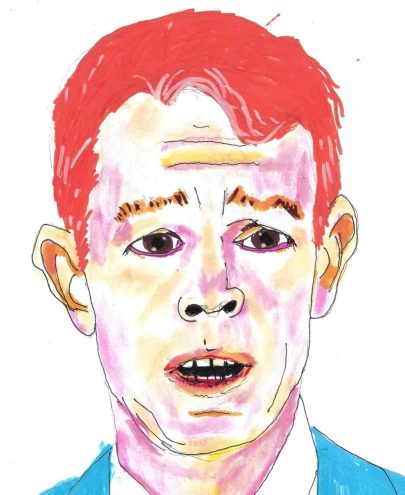Jan 11, 2019 Politics
It’s time for Jacinda Ardern to make the hard decisions.
The Opposition’s best attack in 2018 was lampooning the Government’s 182 working groups, which it claims are costing taxpayers over $250 million.
The Government denies both numbers, but even those totally uninterested in politics know why it is funny to say they’ll get a working group to clean the barbecue.
Like the Key regime, Jacinda Ardern’s government was elected without any clear programme other than half a dozen one-liners developed solely for electoral appeal.
Some of them, like the fees-free tertiary education promise, were surely designed simply to keep Labour’s vote respectable before another term in opposition, without any real intention they might be implemented.
Nevertheless, most were ticked off quickly under Ardern’s so-called 100-Day Plan.
The working groups enabled Ardern and her unexpected government to recover from the shock of getting their feet under their desks while others worked on defining both its ends and means.
Meanwhile, the public was entertained by Ardern looking sensational at Buckingham Palace, baby Neve, the Peters interregnum and Jami-Lee Ross.
But the problem with working groups is that eventually they report. As successive governments have found on everything from social policy to the safety of nuclear ships, their advice is usually no more conclusive nor any less contentious than the controversy they were meant to resolve.
Only the most naive of politicians — which certainly describes the current lot — believe that some panacea exists on difficult issues that can be discovered by a suitable bunch of “experts” supplied with the same data and position papers already available to everyone else.
Those involved do their best and usually come up with a list of recommendations that might work as an integrated strategy. Historically, though, politicians treat them as a menu, jettisoning anything too disruptive, with predictably sub-optimal results.
So far, Ardern’s approach seems even more risk-averse.
After nearly a year of work, 400 meetings and public forums with community and stakeholder groups, and over 5000 formal submissions, the six-strong Government Inquiry into Mental Health and Addiction presented its 200-page report in October, outlining its 40-point strategy for reform.
The government reacted by sitting on the report and forming a 21-strong Mental Health and Addiction Health Sector Leadership Group (HSLG) to advise on how it should respond: a working group to evaluate a working group.
The HSLG will hold its own regional and local forums in 2019. It will “channel perspectives, views and feedback” from a range of voices, “gathering feedback, collecting our thoughts and formalising our response to the inquiry findings”.
Only then will it “begin development of the longer-term plan to deliver on the direction agreed by cabinet to respond to the recommendations of the inquiry”.
This is pathetic. Can there be any other social service where everyone so strongly agrees the previous government failed completely and which demands immediate action from Ardern’s team?
If her government cannot bring itself to make decisions on improving mental health services, how will it get on when confronted by whatever strategy is proposed by the Tax Working Group to better balance taxation on capital gains with those that already exist on wages and profit?
Before the 2019 Budget, the government will also need to decide whether to provide for the hundreds of millions to extend fees-free tertiary education into the second year in 2021 as promised.
Ardern is to be confronted with advice from working groups on school management, student assessment and how radically to rationalise district health boards.
Working groups will advise on whether Tariana Turia’s Whanau Ora should be kept or abolished.
The new Climate Commission should begin making recommendations in 2019.
Ardern herself will need to decide whether she and her party will support Winston Peters’ tilt away from Xi Jinping’s China towards Donald Trump’s America.
Will she continue to allow Peters to so shamelessly thwart efforts to improve labour and environmental standards in the fishing industry?
When KiwiBuild fails to deliver the promised thousand new houses by the middle of the year, decisions will need to be made on Phil Tywford’s future.
In her decade in Parliament, Ardern has shown no propensity for difficult policy decisions, instead relying on thematic politics such as her commitment to openness, transparency and kindness.
Values are important in politics, as is symbolism. But they are not ends in themselves. They are just the starting point for making real decisions to improve people’s lives.
If Ardern fails to develop clear policies on the difficult issues in 2019, she can expect the Opposition to spend 2020 making up her government’s “hidden agenda” for her.
This article was first published in the January – February 2019 issue of Metro.
Follow Metro on Twitter, Facebook, Instagram and sign up to the weekly email for more news.






